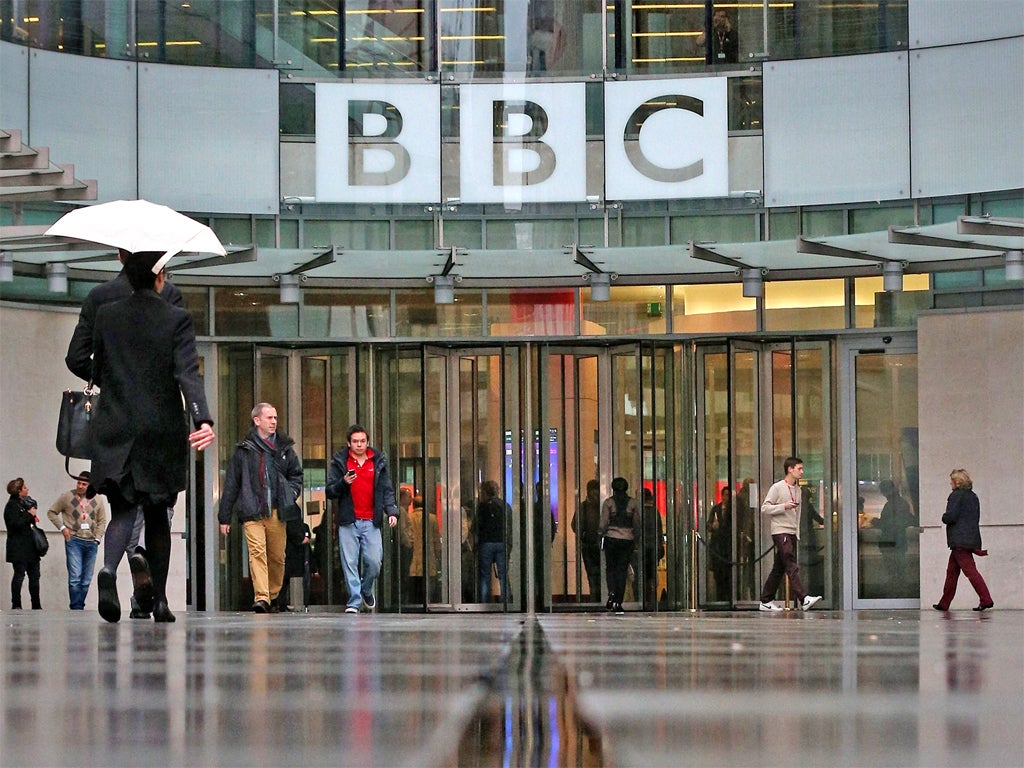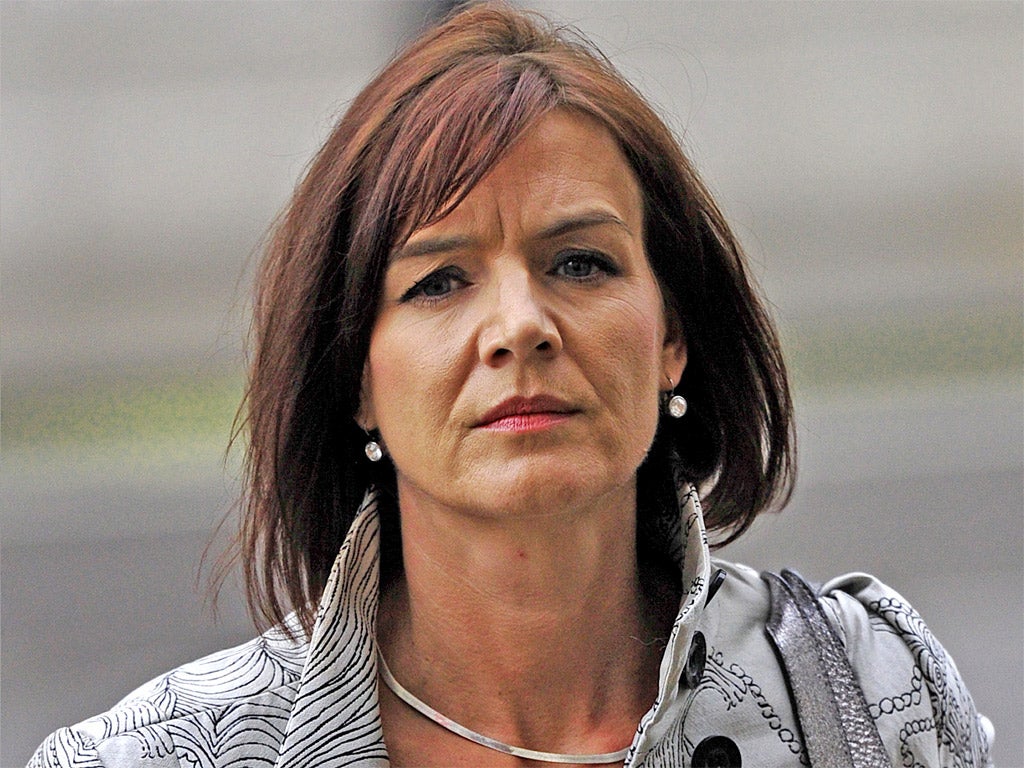Taxpayers also funding costs of ex-BBC finance head in defamation case against a tabloid newspaper
News that Zarin Patel is taking action over criticisms of the way the organisation paid stars emerged after The Independent revealed departing head of human resources, Lucy Adams, is using licence fee money to sue the NUJ

BBC licence fee payers are funding a personal legal action for defamation brought by a second former executive, The Independent can disclose.
The broadcaster is covering the legal costs of its former £322,000-a-year chief finance officer, Zarin Patel, who is taking action against a tabloid newspaper over its criticisms of the way the organisation paid stars including Jeremy Paxman and Chris Moyles via personal service companies.
Ms Patel claimed she had been personally defamed by a report headlined “Dodge tax or face the sack! BBC tells its stars” and an accompanying editorial headlined “Beeb con must stop” in the Daily Star.
The news that the BBC is covering her legal fees emerged after The Independent revealed that the BBC’s departing head of human resources, Lucy Adams, is using licence fee money to sue the National Union of Journalists over allegations that her department engaged in “dirty tricks”. Ms Patel lodged a claim in the High Court last year, seeking £50,000 in libel damages. She said the story had suggested she “had devised or connived in the BBC’s deplorable practice of ordering its star employees, under pain of dismissal, to dodge tax”.
The case is ongoing.
In correspondence seen by this newspaper, Lord Patten, chairman of the BBC Trust, defended the practice of allowing senior executives access to licence fee funds to defend their reputations. “I understand that there is no written policy in this area, but in practice the BBC may in certain limited circumstances meet the legal costs of employees,” he wrote. “Not only where the employee is a defendant but also where staff (unusually) are claimants in an action.”
He added: “I understand that the BBC Executive is reluctant to bring proceedings to protect its reputation but will do exceptionally (and rarely) where the allegations in question are particularly professionally damaging and call an executive’s credibility into question.” Lord Patten’s comments, made in response to a complaint last year by Paul Ashford, group editorial director of Northern & Shell, publishers of the Daily Star, will add to concerns that BBC senior executives regard public funds as being available to legally challenge criticism of their personal performance.

Ms Patel left the BBC last June after 15 years. The widespread use by BBC presenting talent of controversial personal service companies attracted press criticism last year.
But Ms Patel’s use of the BBC litigation department to seek personal damages has concerned publishers who feel it will inhibit criticism of senior BBC staff.
It is understood that an apology, rather than financial damages, is Ms Patel’s primary motivation. Unlike in Ms Adams’s case, external solicitors’ fees have not been incurred. A BBC spokesperson said: “In spite of repeated attempts to secure a correction and apology to these unfounded allegations, as we successfully did with other publications, we were unable to do so. As a result and with the full support of the BBC, Zarin Patel felt that she had no alternative but to issue proceedings for libel against the Daily Star.”
Join our commenting forum
Join thought-provoking conversations, follow other Independent readers and see their replies
Comments
Bookmark popover
Removed from bookmarks